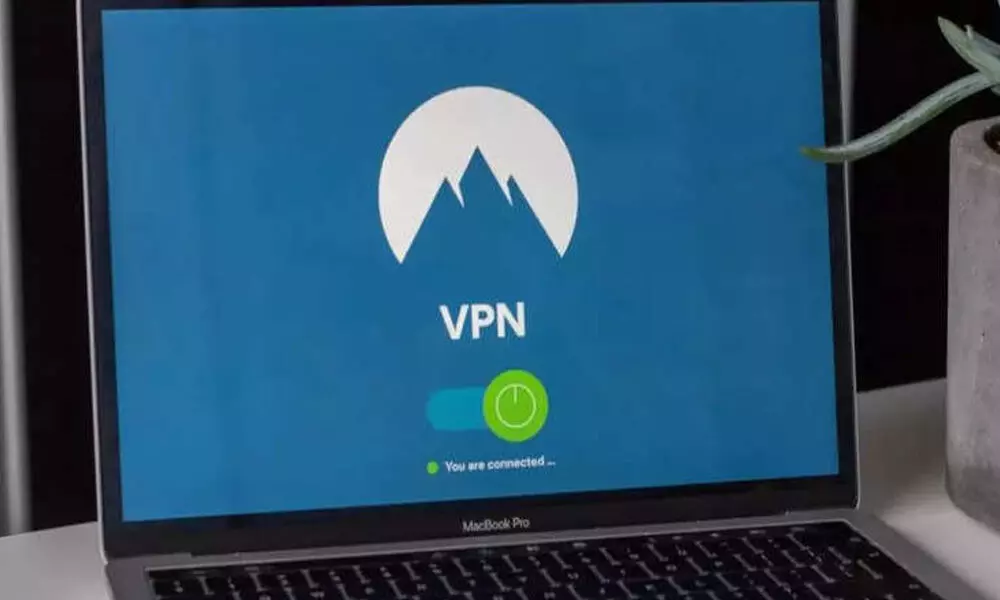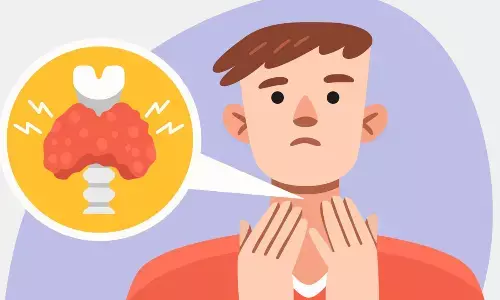Explained: All about VPN and Why Parliamentary Committee wants to ban it

Explained: All about VPN and Why Parliamentary Committee wants to ban it
Parliamentary Standing Committee on Home Affairs insisted the Indian government ban Virtual Private Network (VPN) services in the country. The committee says, VPNs "allow criminals to remain anonymous online".
Parliamentary Standing Committee on Home Affairs insisted the Indian government ban Virtual Private Network (VPN) services in the country. The committee says, VPNs "allow criminals to remain anonymous online". VPNs essentially encrypt network traffic and secure public internet connections, ensuring a certain degree of privacy online. VPNs are used across the world and employees use them to securely work from their homes. Here's what a VPN is, why VPN is used, why VPN is crucial, how VPN works and how banning VPNs will affect you.
What is a VPN?
VPN stands for Virtual Private Network, which is an internet tool that helps in easily creating a private network while you are connected to a less secured public or your home internet connection. Its main role is to encrypt network traffic and protect your IP address and location.
Why VPN is used?
VPNs are used so that third-party trackers, your Internet Service Provider (ISP), websites, malware, spyware and other parties cannot identify what data you download and upload on your device. When you use a VPN, no one can track your IP address, location or find what you are doing online while using a VPN. Even if a hacker gets hold of your online session, it would be encrypted.
Why is VPN crucial?
VPNs are one of the most important aspects of securing corporate data. The use of VPN is the first step of defence for any corporate connection to the internet. During pandemic, most companies use VPN services so that hackers cannot capture official data and files including crucial admin passwords. In absence of VPNs, opponents can use third-party trackers and extract confidential business data.
How VPN works?
Virtual Private Networks (VPN) allows a user to bypass internet region checks and censorship to access content that is restricted. For example, one can watch shows on Netflix not available in India, using a VPN.
What Parliamentary Standing Committee demand?
The Parliamentary Standing Committee on Home Affairs has shared issues with VPNs ability to allow users to browse anonymously and called it a national security threat. They demand VPN services be blocked in India, calling it a technological challenge that allows cybercriminals to invade unchecked.
Why is it confusing?
This is confusing because recently the Telecommunications Department recently eased regulations and eased VPN services access, mainly to simplify for employees to work from home during the pandemic.
Is this the first time it is asked to ban?
This is not the first time such a proposal has been made. This is a follow-up report to an earlier proposal in March. The MeitY (Ministry of Electronics and Information Technology) had responded to the report but the committee isn't satisfied. They have suggested the Home Ministry work with MeitY to identify and block VPN services with the help of internet service providers in India.
Why Parliamentary Committee want the government to ban VPNs
The committee recommended that "a coordination mechanism should also be developed with international agencies to ensure that these VPNs are blocked permanently." The MediaNama report also said that the committee wants "the Ministry to take initiatives to strengthen the tracking and surveillance mechanisms by further improving and developing the state-of-the-art technology, to put a check on the use of VPN and the dark web."
How VPN ban will affect you?
VPN ban in India may risk work from home or 'remote working' plans. Our companies may ask us to work only on a secured internet connection provided by our office. Now after the ban, our internet connection may be more prone to malware trying to steal your passwords and third-party attacks.










